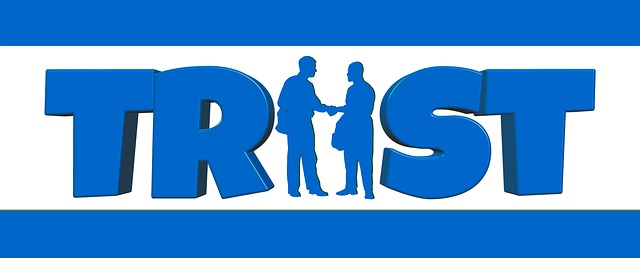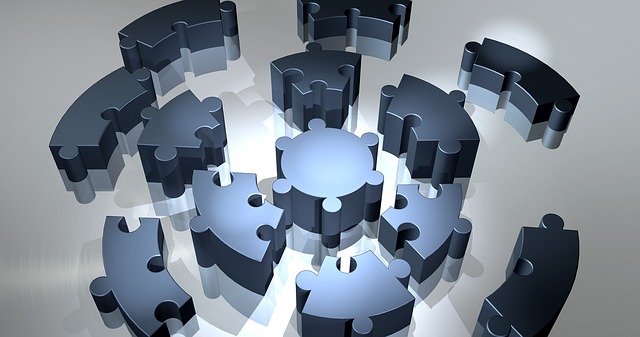Internet: is it true what we find on the web?

How can we differentiate between what is true and what is not?
While it is impossible to find a method that guarantees 100% the truth of what we find if there are ways to make our online searches more complete and reliable.
Next, I want to share 5 recommendations to improve the results of your searches so you can find better quality information.
1) Verify if the source is reliable.
The most reliable sources are usually the organizations with more time and prestige. Although there is no total objectivity, look for information that comes from neutral organizations, that is, they do not have direct interests in the matter to be discussed.
- Universities.
- International organizations.
- Public institutions.
- News agencies.
- Indexed magazines.
For current issues, look for news agencies of national or international prestige, especially if they do not pursue particular interests.
For scientific topics, look for information on the sites of recognized research institutions, prefer Universities and academic organizations. Example, instead of searching on Google, try on Google academic that will give you results only of articles and papers made inside an institution.
Avoid sites of interest groups that may be biased, for example, a site of an organization that defends the right to carry weapons could suppress statistics of violent deaths or a vegetarian group that could omit information on the benefits of consuming meat.

2) Evidence and References.
Regarding Individuals, it investigates if the one that issues the information has an important trajectory in his field and counts on the recognition of his colleagues. Anyway, take into account that even an authority on the subject can provide false information or that the real information may arise from someone without much prestige. So look for evidence and references, check if the source consulted offers you evidence: serious sources provide references, tell you how they got the information whether studies, research or news where you can go for more information or if you doubt the veracity . Do not trust if they do not offer you their sources of information.
.jpg)
3) Use logic.
when reading the information, check if what you read incurs logical problems, if some part contradicts another, or if it is generalized from a few particular data, assumes "supposed" information as true, reaches conclusions unjustified Keep your eyes wide open to detect Fallacies.

4) Contraste.
whenever possible, look for the information in more than one source, highlight in which points they differ and in which they coincide, verify if there is consensus, if the information is surprising there is the possibility that it is an erroneous or even malicious interpretation. Look for confirmation in other publications and if you can not find it, do not post it as true.
5) Should I use Wikipedia?
Wikipedia is a collective project that someone can edit, therefore, it is not considered reliable within the academic field. However, there are studies that show that Wikipedia is practically as good as the British encyclopedia and more complete, but like any other, Wikipedia encyclopedia it does not compile primary information but collects information from other sources, although generally it cites its references it is better not to use them for a job serious. It is more appropriate to start the research there and then go to the sources that each article refers to at the end of the page.
.png)
Nowadays, when information is spread so quickly, it is important to be responsible so as not to disseminate false facts, if you follow these criteria, the knowledge that you obtain and share will be much more reliable and true.
The images used in this article are Public Domain and can be reused according to your copyright.
if you liked the content of this publication, do not forget to support me @jlmol7
References.
Evaluating Internet Resources | Georgetown University Library. (2018). Library.georgetown.edu. Retrieved 5 April 2018, from https://www.library.georgetown.edu/tutorials/research-guides/evaluating-internet-content
How reliable is Wikipedia as a source of information, and why? - Quora. (2018). Quora.com. Retrieved 6 April 2018, from https://www.quora.com/How-reliable-is-Wikipedia-as-a-source-of-information-and-why
Reply to this comment if you want me to resteem your last blog post to my 32,500+ followers. Then whenever you make a new blog post that you want me to resteem go to my Comments and reply to any of my comments on other steemians blog posts. Please upvote my comment after I resteem your blog post. @a-0-0